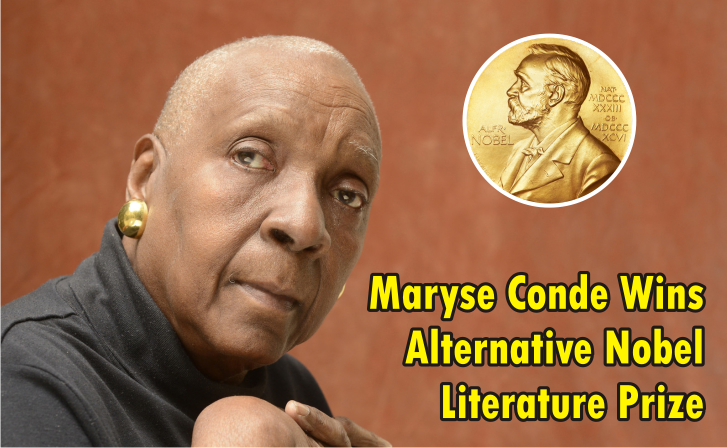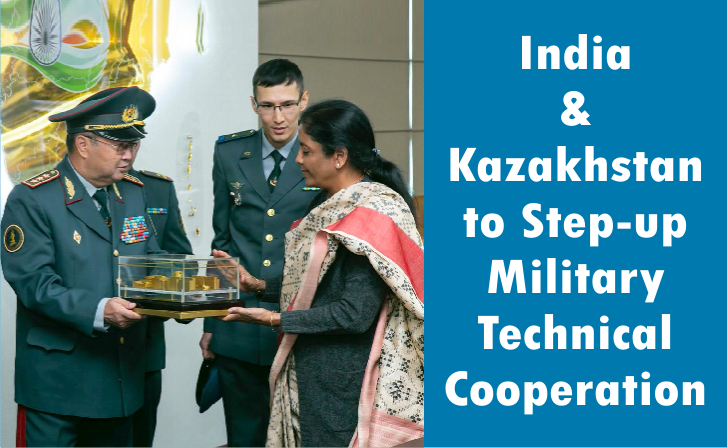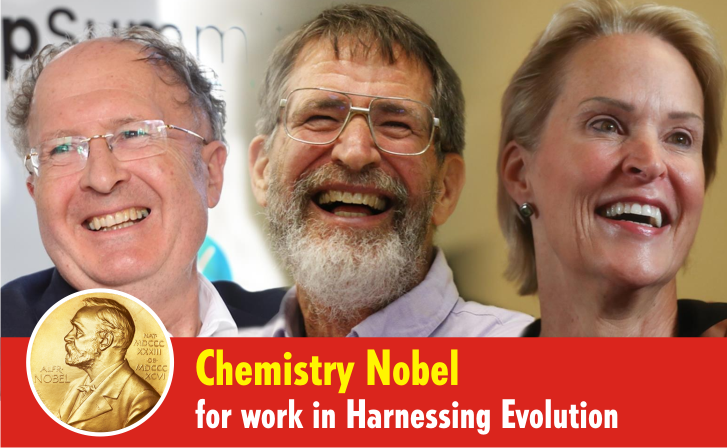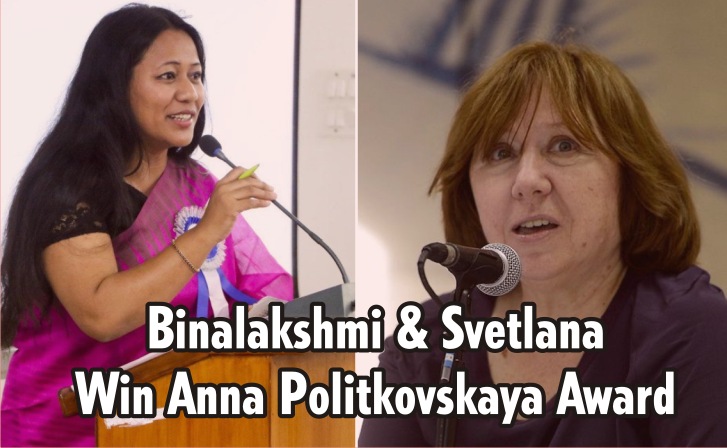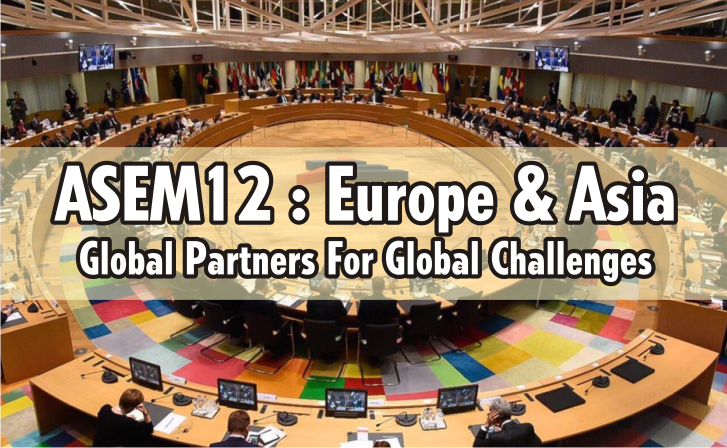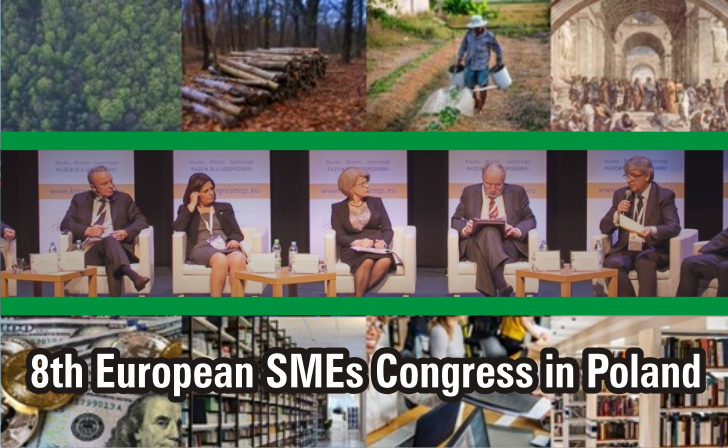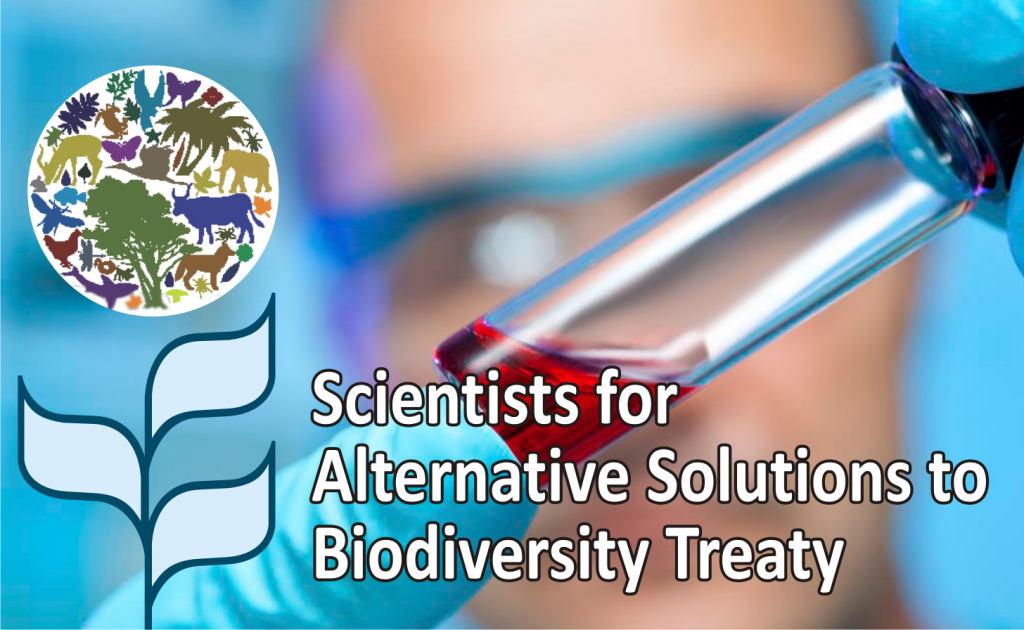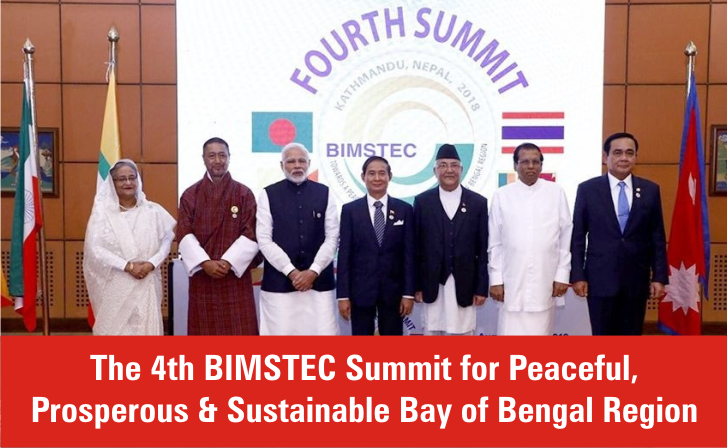Alternative Nobel Literature Prize, a one-off award intended to fill the void left by the cancellation of prestigious Nobel Prize in Literature 2018 after a scandal at the Swedish Academy that awards it, has been won by Maryse Condé one of the Caribbean’s most renowned authors, on Friday 12 October 2018. Maryse Condé will win about £87,000 raised from crowd funding and donations, and will receive the prize at a ceremony on 9 December 2018, one day before the Nobel banquet.
Maryse Condé was born on 11 February 1937 in Guadeloupe in the French Caribbean. She studied at the Université de Paris III (Sorbonne Nouvelle), where she took her doctorate in Comparative Literature in 1975 for her research on Black stereotypes in Caribbean literature. Condé is author of historical fiction, best known for her third novel Ségou published in 1984, She is author of 20 novels, including Desirada, and Crossing the Mangrove. Condé is, according to the chair of judges Ann Pålsson, a “grand storyteller” who “belongs to world literature”. She is also a scholar of Francophone Literature and Professor Emerita of French at Columbia University. She writes her novels in French, whcih have been translated into English, German, Dutch, Italian, Spanish, Portuguese and Japanese. She had been awarded Guggenheim Fellowship for Creative Arts, Latin America and Caribbean.
Alternative Nobel Literature Prize was set up by New Academy formed by more than 100 Swedish writers, artists and journalists in protest to denounce what its founders called the “bias, arrogance and sexism” of the venerable Swedish Academy, which selects Nobel laureates. The Swedish Academy was plunged into turmoil in 2017 over its ties to Frenchman Jean-Claude Arnault, who was jailed for two years in early October for rape. The New Academy will be dissolved in December 2018.
The winner was announced at a Stockholm library after a three-fold judging process, starting with hundreds of libraries Swedish librarians nominating 47 authors, who were winnowed down to a final four by a public vote by almost 33000 members, and the winner was decided by an expert jury. This selection process was in stark contrast to the secretive deliberations of the Nobel jury of the Swedish Academy.
Maryse Condé was one of the initial four finalists, nominated alongside Japan’s Haruki Murakami, UK’s Neil Gaiman and Vietnamese-born Canadian Kim Thuy, reduced to three after Japanese novelist Haruki Murakami, often cited as a frontrunner for the Nobel, withdrew in September citing a desire to “concentrate on his writing, away from media attention”.

